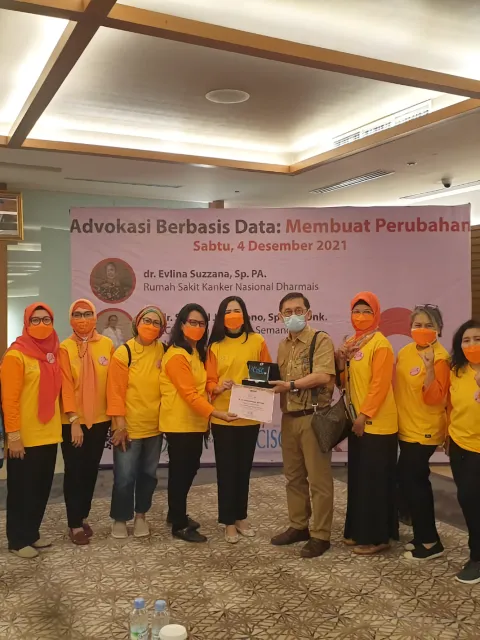New book seeks to improve cancer data and care in the Arab World
Cancer in the Arab World aims to provide healthcare workers, researchers and policymakers with important data to improve the knowledge, prevention and treatment of cancer in the 22 Arab nations.

The number of new cancer cases in the Middle East and Africa has been rising steadily for the past 20 years. This burden is expected to double by 2040 if actions are not taken now to change current trends.
Even more significantly, low- and middle-income countries (LMICs), and particularly those in this region, account for a disproportionate share of cancer-related deaths, more than 70%.
In many cases, this is because these regions lack sufficient preventive infrastructure and cancers are detected at more advanced stages. Also, there is a considerable gap in treatment capacity (70% of countries in Africa report not having access to radiotherapy, when globally half of all people diagnosed with cancer require it).
The book Cancer In The Arab World, published last week, seeks to reverse these trends by addressing another challenge to effective cancer control in the region: reliable data on epidemiology and clinical outcomes to inform policy and investment decisions.
"This new book provides invaluable insight into the diverse nature of the cancer burden in the Arab World, enabling decision-makers to understand where the real needs of their populations are as well as their current resources. With this tool, they can fill the gaps in care, design effective prevention and detection programmes – crucial to improving survival rates – as well as optimal treatment options."
– HRH Princess Dina Mired of Jordan, Immediate Past President of UICC
A team of 30 specialists gathered, over a period of five years, vital information on cancer statistics and risk factors, the available treatment and care options and infrastructure as well as prevention programmes in the Arab world.
A chapter is dedicated to each of the 22 Arab nations, which also look at future directions for optimal care, with conventional diagnostics and therapies as well as precision medicine.
There are further chapters on specific challenges related to palliative care and providing cancer care in zones of unrest and conflict.
Dr Humain Al Shamsi, Director of Oncology at Burjeel Medical City and President of the Emirates Oncology Society initiated the project. He told The National (UAE): “Cancer in the Arab World highlights the challenges we face and offers a road map to move forward, so it will be of interest to regulators and all those involved in cancer care.”
DOWNLOAD “CANCER IN THE ARAB WORLD”
Last update
Friday 25 March 2022
